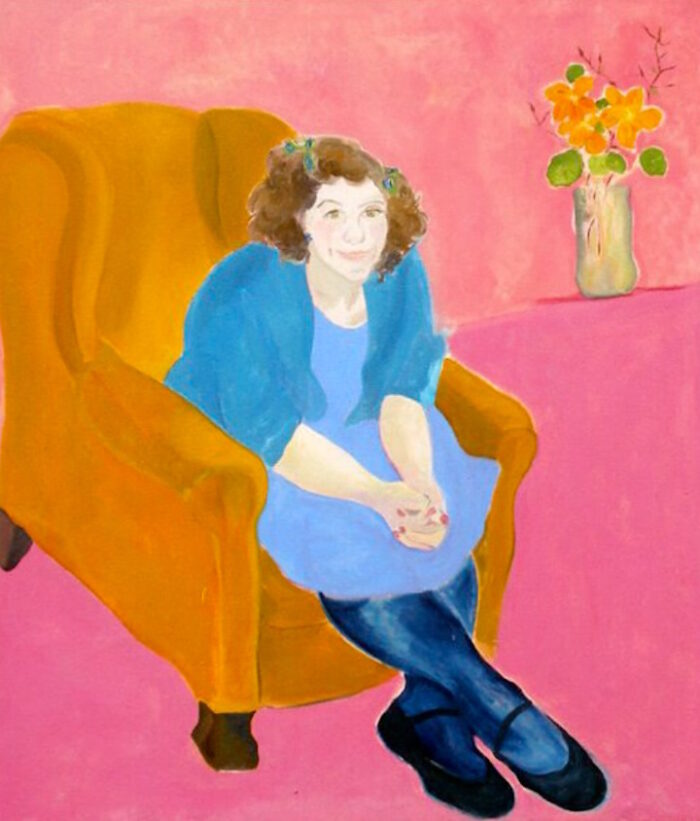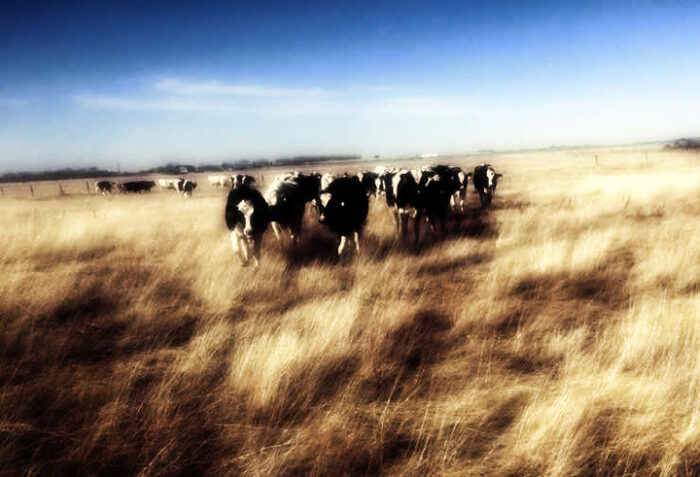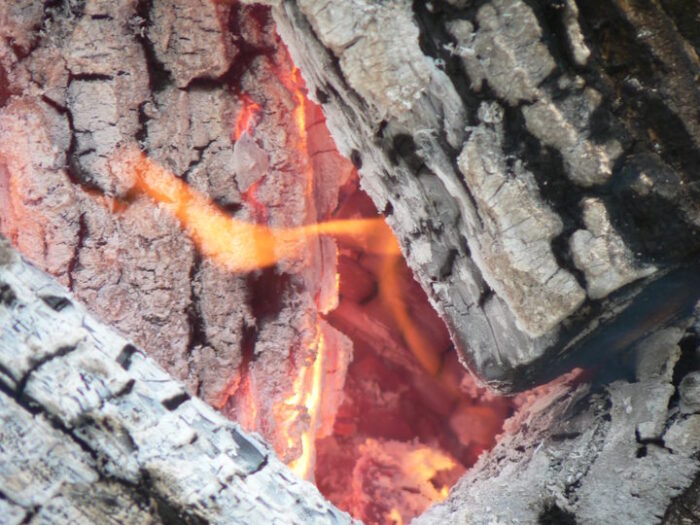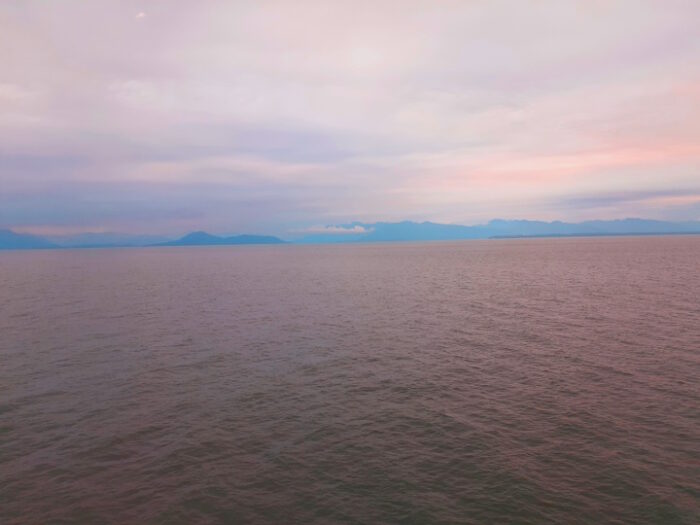
She walks often, almost daily, takes a well-known path
through an open park, then a tree-lined street back to her home.
She walks through every season; she greets their temperaments.
She is attentive to what comes as she walks: the greens and blues,
the blades and blossoms, rising, opening, closing, disappearing,
making every walk, despite its regular route, unique.
She returns to her many commitments, she has family, and friends.
Her relationships are bread and wine to her. She gives of herself, readily,
but like the broad banks of a quiet river, she keeps good boundaries.
She pays attention to her appearance, her body, her bearing,
but not much, is she guided by the conventions of Vogue, or standards
offered by Glamour. She neither welcomes nor resists, aging.
She is aware and despairs the devolution in the social fabric;
but is not taken in by partisan resentments and polarizing slogans;
she has chosen to live in the muddy centre, with openness and kindness.
She has tasks and projects, equal to her abilities, and pursues
one or two that move her beyond what she accepts about herself.
She is willing to fail, but hopes to be surprised.
Her annoyances do not eclipse her ability to laugh, often as not, at herself.
She has worries, certainly, and a few fears. She knows of sorrow’s paralysis;
she has her own parade of losses. Mostly, is she settled about her own mortality.
Time has reshaped her faith: more childlike, not preoccupied by concepts,
nor grasping for containers, or conclusions; but faithful to a form of mystery
that calls her inward, then outward, to the sublime mess of humanity.
She is not a stranger to standing on a shore in hushed wonder,
holding an oyster shell, running her fingers over its polished interior,
watching its mauves and silvers, deepen, then lighten, under a layered sky.
She moves more easily now, with an abiding belief in life, and has come
to a confident hope in the transforming power of a day well lived.
She does not aim for bliss, is happy with times of contentment.
Still, sometimes she almost cries out, astonished, by just being here,
and the real possibility she might not have been.
She has no answer for this, just a deepening sense of gratitude.
More and more she finds solace in the realness of what is around her,
or rather, she has come to trust in the light that shines
through all things of this earth.



